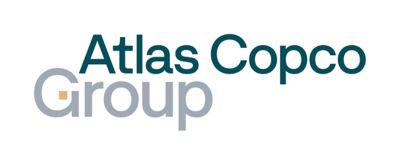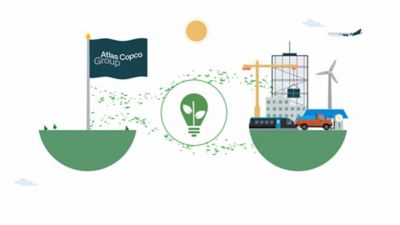Our Code of Conduct
We want to do things the right way and have clear standards for ethical behavior in all our business relationships. These help us ensure we treat each other and our business partners fairly and with dignity and respect.
Laws, environmental standards and social conditions vary greatly in the countries where we operate. In cases where the Code of Conduct is stronger than local laws and regulations, we follow our own policies. The Code of Conduct has been translated into more than 30 languages so that each and every one of us embodies these values in our work day in, day out.
Learning to handle ethical dilemmas
Our people are trained in how to recognize conflicts of interest, bribery, fraud, harassment, discrimination and other forms of misconduct. Anyone can use our training, which includes a facilitator’s guide for leading ethical dilemma discussions. Our business partners, especially those representing Atlas Copco Group, are also encouraged to learn more about what we expect of them.
Fighting corruption – everyone’s responsibility
We have a zero-tolerance approach to bribery and corruption, including facilitation payments. In addition to ensuring a fair business environment and well-functioning economy, fighting corruption protects the company and its shareholders and positively impacts society and the environment.
We have internal controls in place to make sure that we act with the utmost integrity. Our employees and business partners are required to regularly sign their compliance with our Code of Conduct. Supplier evaluations help ensure that our business partners are aligned with our high standards in the areas of safety, health, the environment and quality.
Reporting misconduct
All of our stakeholders are encouraged to report any suspected wrongdoing through our external and independent reporting system, Atlas Copco Group SpeakUp. It can be used to anonymously report behavior or actions that may be perceived as violations of laws, regulations, or our Code of Conduct.





